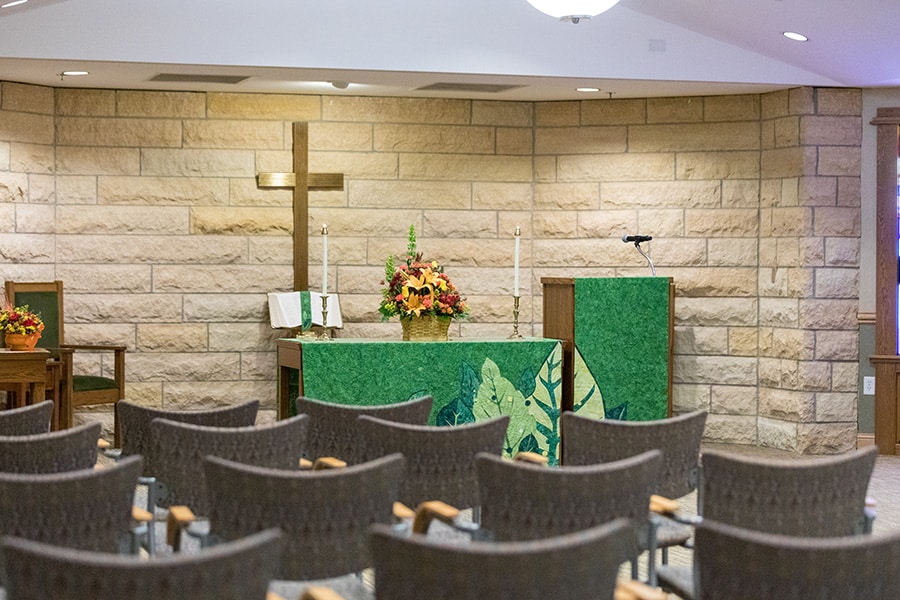The life transitions that come with aging are often a mixture of hopeful and bittersweet. Easing this transition means having the proper health, social, and emotional resources for your journey.
We’re going to explore the challenges that come with aging transitions and how you can manage them with the aid of a supportive, dynamic community.
Health and Physical Changes
According to the National Council On Aging, less than 30% of older adults meet recommended exercise guidelines. As you age, you need to maintain more activity to keep your muscles strong and flexible.
Regular medical check-ups are also essential since chronic health conditions may become more prevalent. The most common health conditions for older adults are diabetes, depression, back pain, hearing loss, and cataracts.
Social and Emotional Changes
Whether you’ve experienced the loss of a loved one or miss your old community, social and emotional connection should be a high priority for your life transition.
Maintaining and nurturing relationships with family, friends, and community is vital for a high quality of life. At Charter House, we provide several engaging community activities for life transitions, such as gardening, recreation rooms, and wellness activities.

Living Arrangements
Choosing new arrangements for your life transition can be difficult since it often means downsizing. However, moving to a smaller home can be helpful for meeting your physical needs.
Some people live with family to maintain close proximity to their loved ones. Others prefer a retirement community to ensure they have access to amenities and healthcare.
Financial and Legal Considerations
You deserve the peace of mind that comes with having your finances and living arrangements taken care of. When figuring out your life transitions, financial management ensures your savings, pensions, and investments cover your next stage in life.
According to a Caring.com study, 60% of people without a will haven’t made a living trust or estate plan. Finalizing wills and trusts ensures your assets are properly distributed.
Psychological and Spiritual Changes
Life transitions often come with reflection on your legacy and the impact you’ll leave on your community or younger generations.
Your life transition should prioritize exploring your spiritual beliefs and practices more deeply. It should also involve radical acceptance, a philosophy that embraces what you can’t control so you can focus on what you can.

Available Resources
There are many resources you can turn to as you move through the next stage in your life.
Day-To-Day Assistance To Ease Your Life Transition
- Assistive Devices
- Mobility Aids (canes, walkers, and wheelchairs are available through medical supply stores and are covered by insurance plans)
- Home Modifications (Rebuilding Together and local Area Agencies on Aging (AAA) can provide assistance with home modifications such as ramps or grab bars)
Help With Managing Chronic Conditions
- Disease-Specific Organizations
- Chronic Disease Self-Management Programs (CDSMP)
Support When Healing From The Loss of Loved Ones
- Grief Counseling
- Mental Health Services
Supportive Social And Emotional Connections
- Senior Communities like Charter House
- Community Organizations
- Online Communities
Ensuring A Healthy Future
There are multiple ways to be proactive during your aging transitions. This approach can look like creating a life plan, putting together a will, dialing 2-1-1 to find community services, or reaching out to communities like Charter House.
Conclusion
Life transitions are easier when you have a helping hand. At Charter House, we’re ready to help you with the next step in your journey with a vibrant community that puts your needs first.
Contact us today to learn more about becoming a resident in our senior living community.